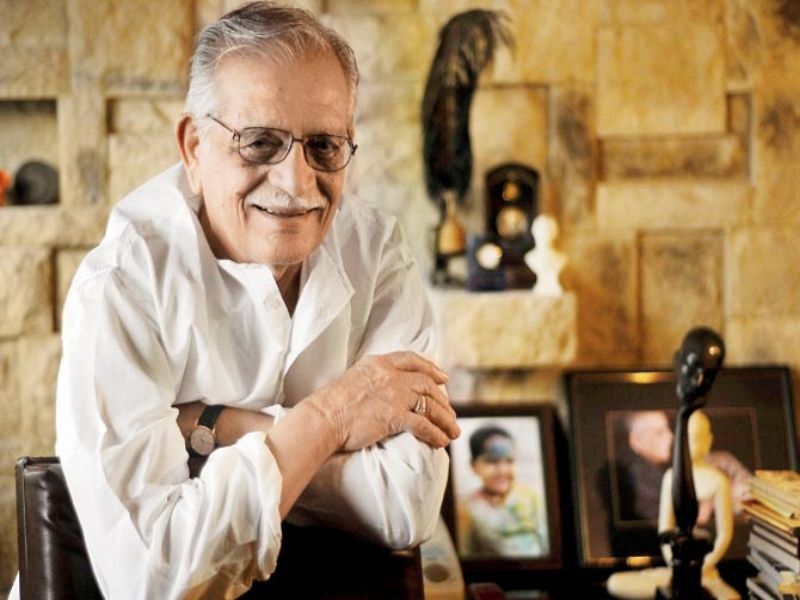(February 27, 2024) Whether it was aiding over 5,000 seafarers in repatriation from nations like India, Pakistan, Sri Lanka, Russia, Uzbekistan, the Philippines, Bangladesh, Nigeria, Sudan, and Nepal, or assisting Indian labourers facing diverse challenges including job loss, accidents, and visa troubles, Girish Pant has devoted his life to service. The Dubai-based social and humanitarian worker has also played a crucial role in rescuing women who were trafficked to the UAE from countries like Tunisia, Malaysia, Oman, Saudi Arabia, Qatar, and Kuwait. In 2019, he received the Pravasi Bharatiya Samman, the Indian government’s highest award for NRIs for helping thousands of distressed expats. “My grandfather was a freedom fighter who went to jail with Govind Ballabh Pant, the first chief minister of Uttar Pradesh. My father, who has a humble background, taught me the importance of helping others,” Girish tells Global Indian. "Receiving the award was one of the most memorable experiences of my life," he says. Girish has received 42 awards for his humanitarian efforts, including the World Iconic Award conferred by the former president of Sri Lanka and the Youth Leadership Climate Award from a USA based organisation. [caption id="attachment_49451" align="aligncenter" width="526"] Girish Pant[/caption] Girish fondly recalls how
ng the World Iconic Award conferred by the former president of Sri Lanka and the Youth Leadership Climate Award from a USA based organisation.
[caption id="attachment_49451" align="aligncenter" width="526"]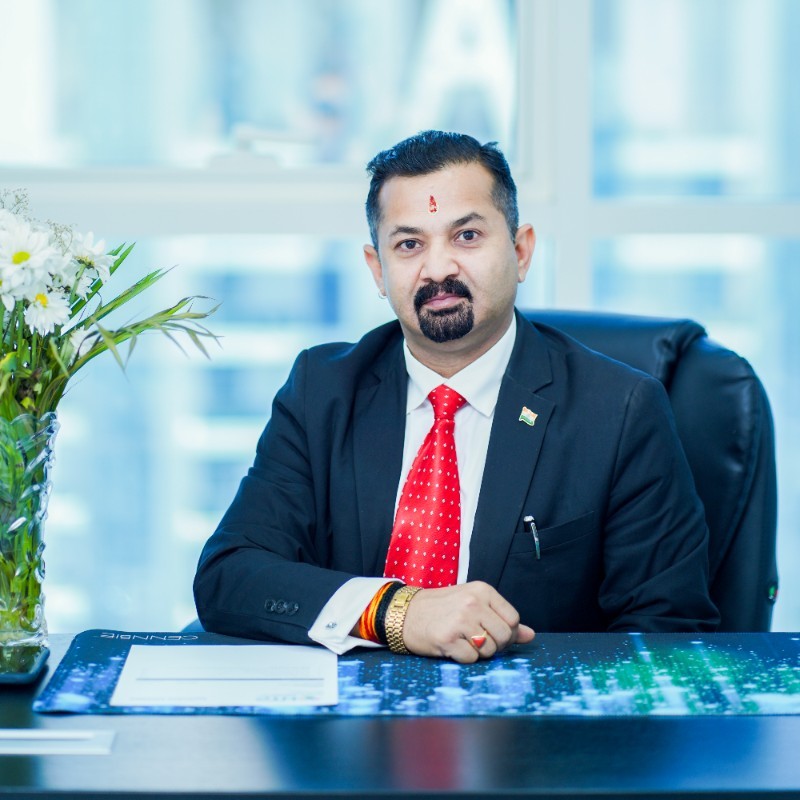 Girish Pant[/caption]
Girish Pant[/caption]
Girish fondly recalls how late Sushma Swaraj, former External Affairs Minister, acknowledged his efforts in aiding distressed expatriates. Her recognition played a pivotal role in his selection for the prestigious Pravasi Bharatiya Samman award.
Leadership in assisting seafarers and overstayers
Girish Pant has chaired the committee set up by the Consul General of India, to aid individuals who have overstayed their visa in the UAE, as well as seafarers. He played a significant role in rescuing stranded individuals, including seafarers trapped on vessels, and victims of job scams and human trafficking. He has also facilitated the repatriation of human remains in cases of death or suicide. "I have assisted hundreds of people across the region, offering counseling, food aid, and communication with their families, while also coordinating with local government authorities and the Indian Mission," he remarks.
Media gave me the moniker ‘Bajrangi Bhaijaan of UAE’
Girish Pant
In one instance, when ships carrying thousands of seafarers, including Indians, were stranded in the Arabian Sea, Girish coordinated with the UAE’s Federal Transport Authority and the Consulate General of India to bring them safely back. Then UAE Ambassador praised Girish's efforts on Twitter. "I recall a seafarer who spent 12 months alone at sea. It took over a month of coordination with local authorities to bring him back safely. Upon his return, he expressed his gratitude by touching my feet,” he shares.
https://www.youtube.com/watch?v=kCl-Bv9kq9g&t=28s
He deeply appreciates the support of UAE authorities, including the labour department, police, immigration, and the Federal Transport Authority, saying, “They have recognised and endorsed my role as a volunteer for the consulate and as a humanitarian advocate over the years." Girish Pant has also followed up with local immigration authorities and secured waivers, helping Indians stranded in the UAE back to their families.
Many of them lacked the knowledge or confidence to approach the authorities, feeling intimidated by the process. “I've been deeply moved by helping individuals who couldn't return to their native countries for 16-20 years due to overstay penalties,” he remarks.
Helping people in distress
In 2018, late Sushma Swaraj, the former External Affairs Minister of India, initiated the Indian-International Distress Committee and designated Girish Pant as the UAE in-charge. Since then, and continuing to the present, Girish has assisted over 9,000 distressed expatriates.
This includes taking care of Indian workers who have lost their jobs, and collaborating with local authorities and the Indian government. Sometimes, he personally delivers food to those in need, even at unconventional hours. In one instance, he provided comfort to abandoned Indian and Pakistani labourers living inside a bus on the outskirts of the Oman Border. His work garnered attention from media outlets such as the BBC.
"I have been involved in rescuing women forced by agents into prostitution or dance bar jobs, and domestic servitude, as well as aiding individuals facing a range of issues such as loss of passport, accidents, and mental health challenges.”
[caption id="attachment_49452" align="aligncenter" width="486"]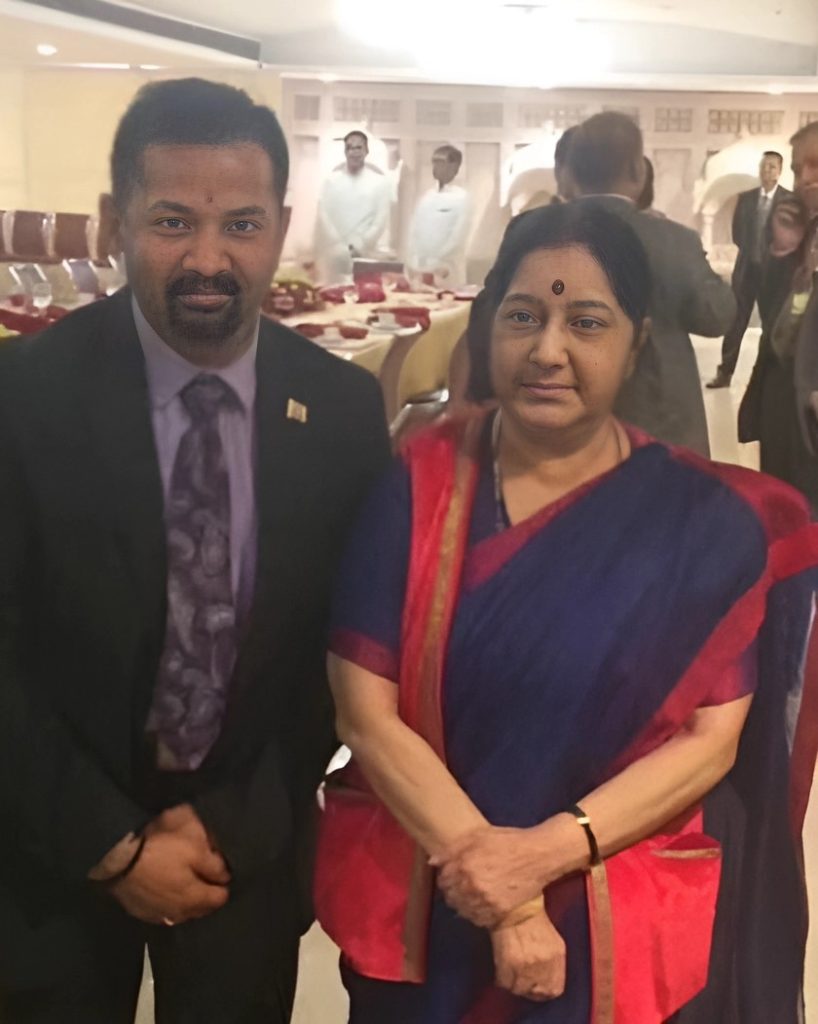 Girish Pant with late Sushma Swaraj[/caption]
Girish Pant with late Sushma Swaraj[/caption]
Helping his countrymen in UAE during Covid
Just after Girish received the Pravasi Bharatiya Samman award, the pandemic broke out and he swung into action for the hundreds of Indians who were stuck in the UAE then. Amidst the challenges of the pandemic, Girish, who was then the president of the Indian People’s Forum and the Labour Welfare and Council Affairs of Indian People Forum, worked with authorities to organise six chartered flights. Thousands of blue-collar workers were helped to obtain legal documentation from local authorities, and were able to return safely to India.
I believe it's my calling to help those in need. I feel blessed that God makes it possible for me to do so.
Girish Pant
During the pandemic, he also helped people locate friends and family who were hospitalised in the UAE. Moreover, 90 non-Covid human remains were returned to their families in India by coordinating with embassy and ambulance services during the time when flight services were limited and ambulance services were in high demand. More than 450 Covid and non-Covid human remains were cremated in Dubai during the peak time of COVID, and even free of cost service was arranged for those who could not afford. “The Consul General of India sought my help, and tasked me with visiting every police station each morning to identify unclaimed bodies with unresolved cases due to closed companies and absentee owners,” he recalls. “Since the families couldn’t afford repatriation, we took responsibility. We were also handling emergency cases like miscarriages and accidents.” During this time, his own father was battling Covid in India, while he was working as a Covid warrior helping people not just from India but other countries in the UAE.
Service above self during Russia-Ukraine war
When Russia invaded Ukraine in 2022, Girish, who was 5,000 km away, assisted in the evacuation of stranded Indian students. “I became involved because of four students from my home state, Uttarakhand,” he says. He expanded his efforts, creating 15 WhatsApp groups to coordinate aid based local and regional needs. Girish barely slept in 10 days, working tirelessly as a liaison between the MEA and the Indian Embassy.
“I transformed my living room into a makeshift control centre, ensuring smooth communication among all involved parties," he smiles.
https://www.youtube.com/watch?v=eBsJ8lMDmUQ
Bringing Indian community together in UAE
As part of Indian Peoples Forum (IPF) Girish Pant has coordinated diverse socio-cultural events for the Indian community, with a focus on yoga and Hindi. “I have encouraged participation and mobilised participants for the International Day of Yoga programmes across Dubai and the Northern Emirates,” he says.
Along with the IPF volunteers he has also organised annual Hindi-Utsav events across all UAE schools. Girish also rallies the Indian community together when Indian dignitaries come to visit.
Journey from India to UAE
Born in Uttarakhand, Girish Pant finished high school in Delhi and graduated from Delhi University. Much later, he completed an MBA in finance from Symbiosis University. After working in India for a few years, he chased his dream of going abroad, and applied for jobs overseas. “In 2007, I received job opportunities in not one but five different countries - Oman, Libya, UAE, Saudi Arabia and Bahrain, and chose to move to UAE,” he says.
There, he also began to take a keen interest in volunteer meetings held by the Consulate General of India to keep the Indian community together. His passion for humanitarian efforts in UAE led him to consistently aid those in need, making a mark for himself.
[caption id="attachment_49478" align="aligncenter" width="802"]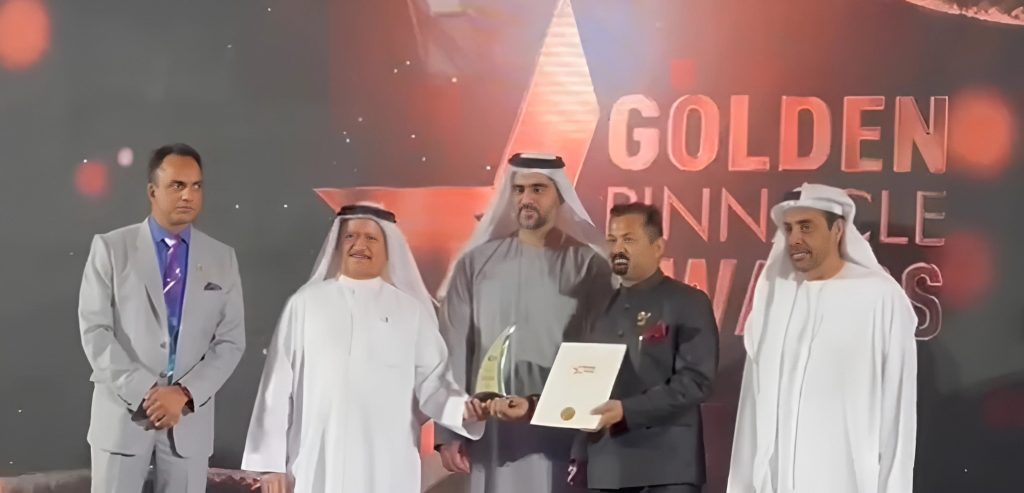 Girish Pant received International Achievers' Award for Social Service in Dubai[/caption]
Girish Pant received International Achievers' Award for Social Service in Dubai[/caption]
With firsthand experience in assisting individuals in distress, he possesses intricate knowledge of navigating bureaucratic processes and liaising with different departments - a task often daunting for the average person. After a decade, he leveraged his expertise to start a consultancy firm that assists expatriates and locals. “My aim is to simplify life for everyone, even going as far as waiving my consultancy fees for those who are unable to afford my services,” says Girish, the Pravasi Bharatiya Samman awardee from UAE.
Girish also hopes to make an impact in his home state, Uttarakhand. Growing up, there were no roads, and going from his village to the town meant long, challenging journeys on foot. While infrastructure has improved since then, he believes there is still much to be done.
Flashback
Girish’s family had moved to Delhi from Uttarakhand when he was in class eight. His father started a small green grocery shop and Girish would work there part time, selling paan and vegetables, along with studying. When he was in standard 12 that shop was shut down and he had to do multiple part time jobs along with studies to meet the needs of the family. No one helped them out during the trying times.
Despite facing many hardships while growing up, I chose not to develop a negative mindset. Instead, became determined to help others in whichever ways I could.
Girish Pant
As his family couldn’t afford to pay for college, Girish secured admission at Delhi University on sports quota as he was a good hockey player. “I also joined NCC and was considered the most well-behaved cadet, and even received an award in hockey by Ashok Kumar, hockey player and son of Dhyan Chand.”
[caption id="attachment_49456" align="aligncenter" width="522"]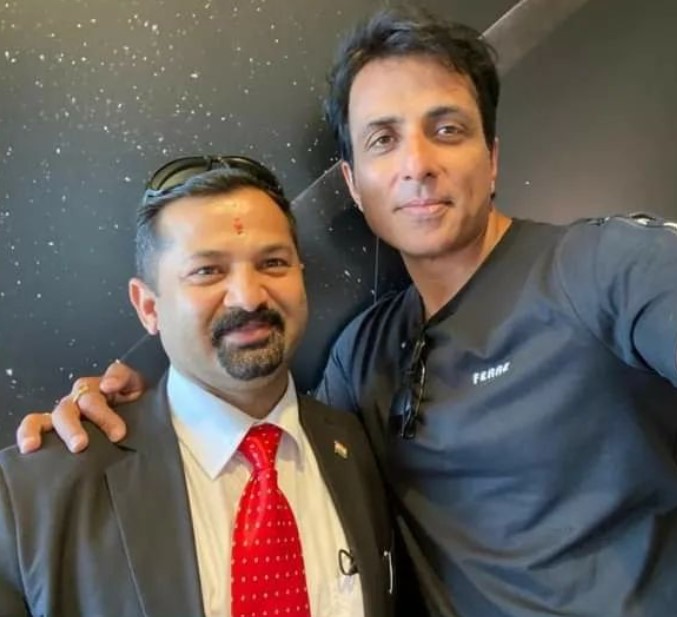 Girish Pant with Sonu Sood[/caption]
Girish Pant with Sonu Sood[/caption]
After completing college, he worked in a few organisations in India including the accounts department of Times Internet. While working there, an incident further fuelled his determination to help others. While returning from work late one night, he witnessed a girl injured in an accident and rushed her to the hospital. “My boss rebuked me for getting involved in a potential police case but I felt a sense of fulfilment knowing I had saved a life. When the girl recovered, her family expressed gratitude, and Dabur India, her employer, issued a letter to the GM at Times Internet, praising my actions,” Girish tells. “I had helped many people in my capacity by then but that first written appreciation, further strengthened my determination to help others, leading me to eventually win a Pravasi Bharatiya Samman as one of the youngest recipients so far, and the first Uttarakhandi to get this award,” he signs off.



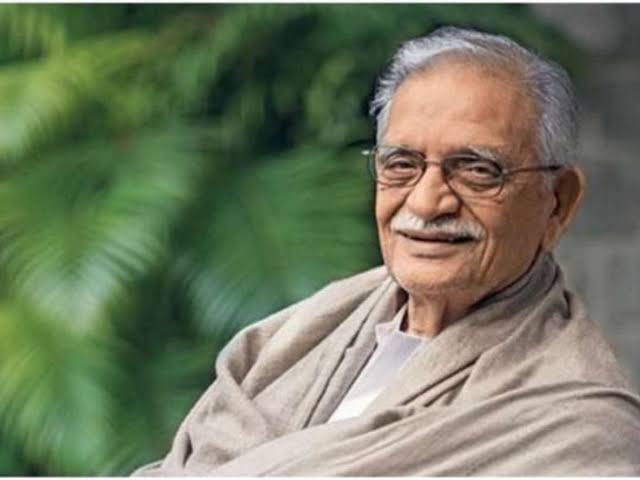 Gulzar[/caption]
Gulzar[/caption]
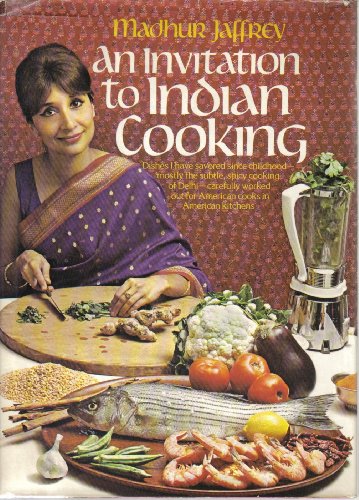 Madhur's debut cookbook is celebrating its 50th anniversary edition[/caption]
Madhur's debut cookbook is celebrating its 50th anniversary edition[/caption]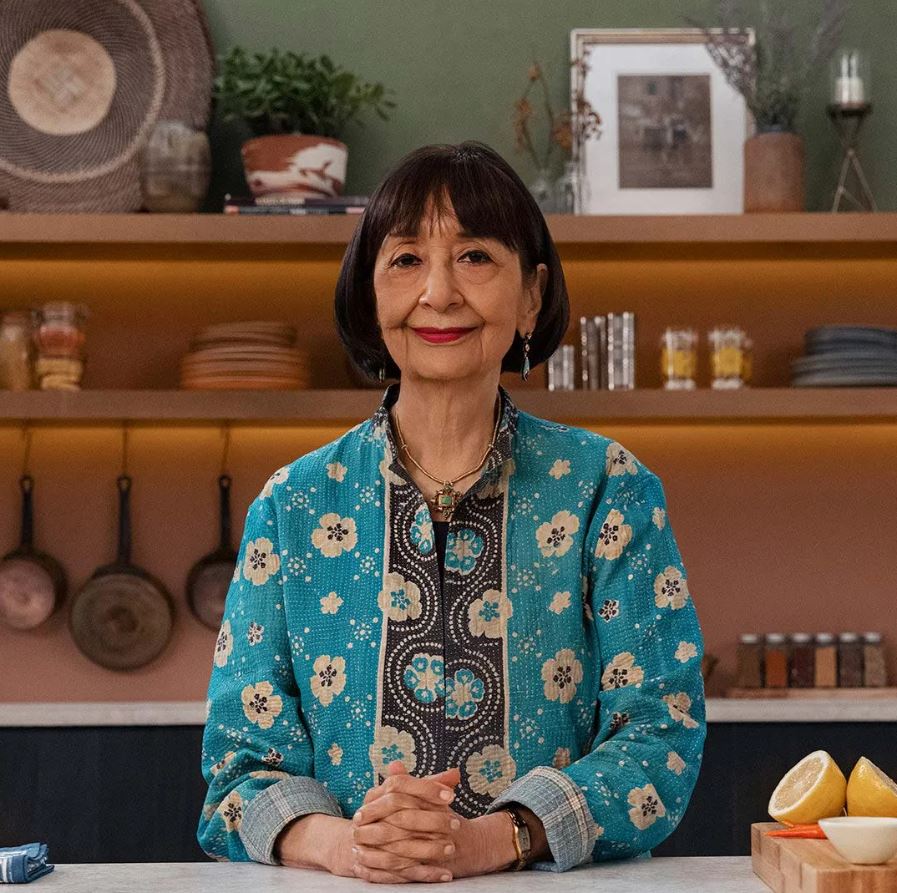 Madhur Jaffrey[/caption]
Madhur Jaffrey[/caption]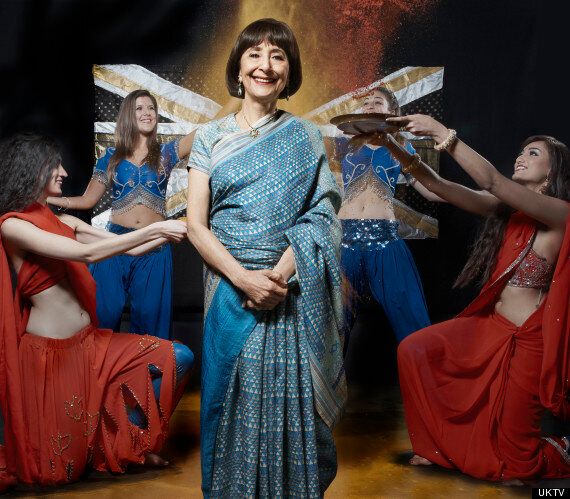 Madhur Jaffrey[/caption]
Madhur Jaffrey[/caption] Madhur Jaffrey presenting her cookery show on BBC in 1980s[/caption]
Madhur Jaffrey presenting her cookery show on BBC in 1980s[/caption]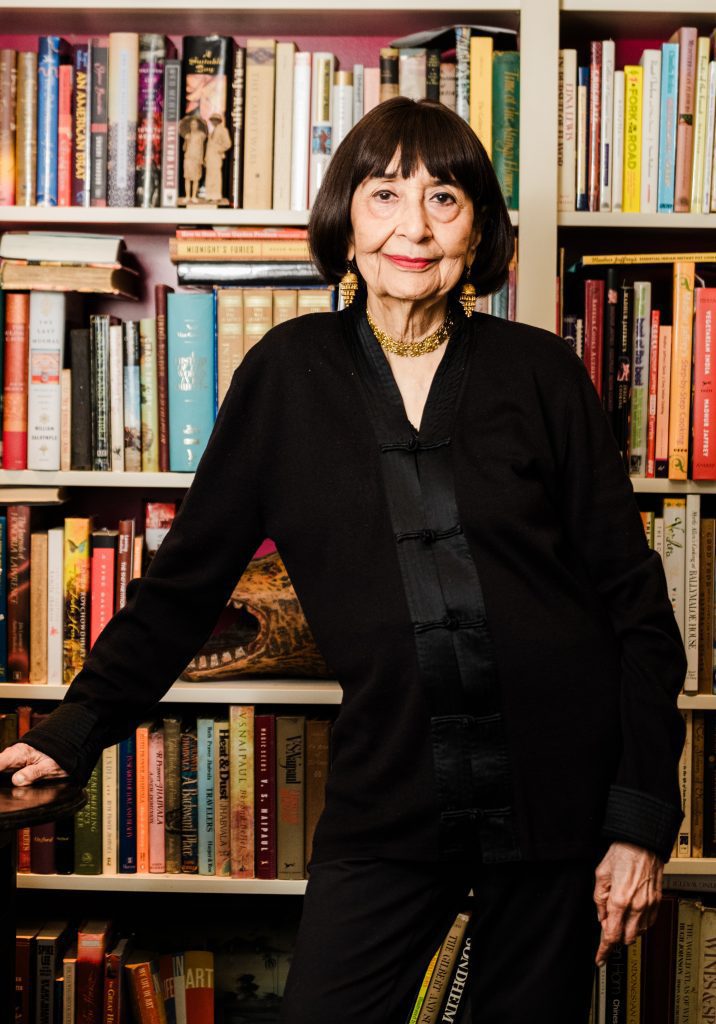 Madhur Jaffrey[/caption]
Madhur Jaffrey[/caption]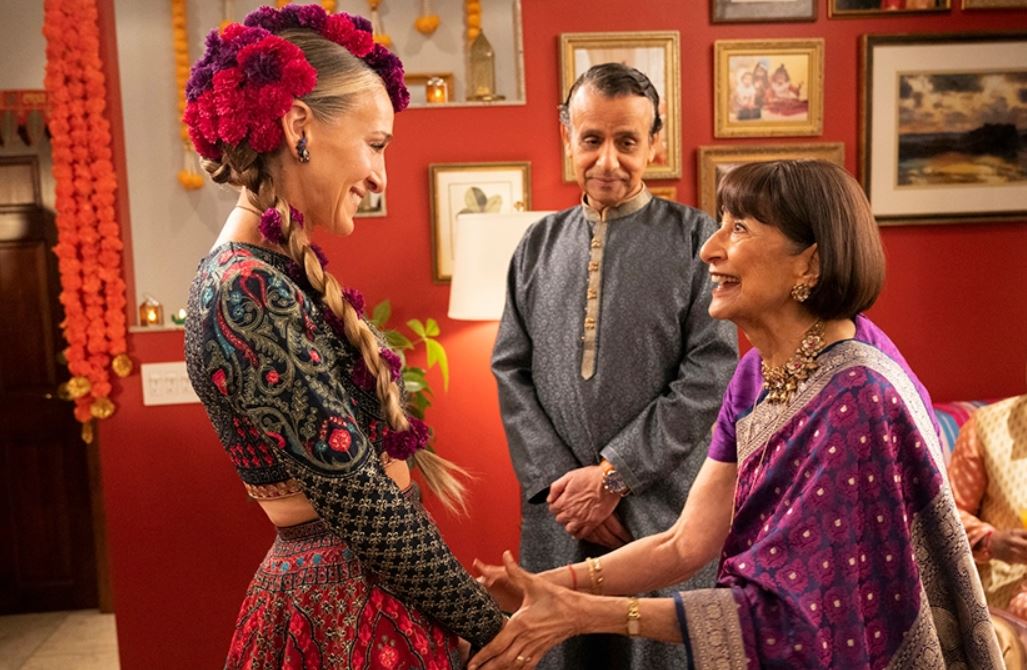 Madhur Jaffrey in one of her television shows[/caption]
Madhur Jaffrey in one of her television shows[/caption]
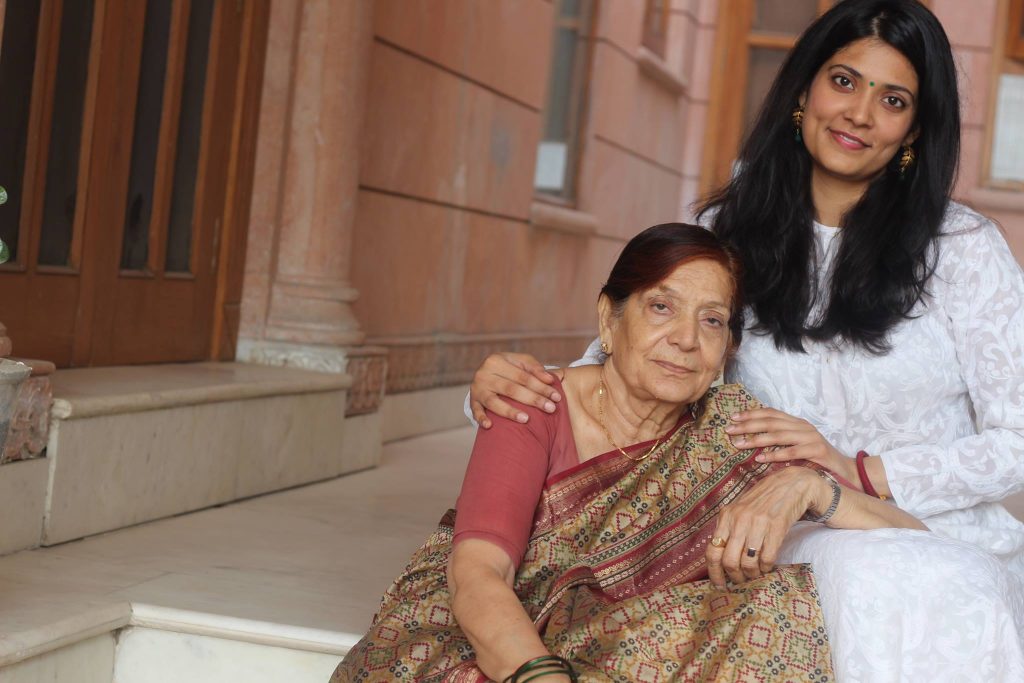

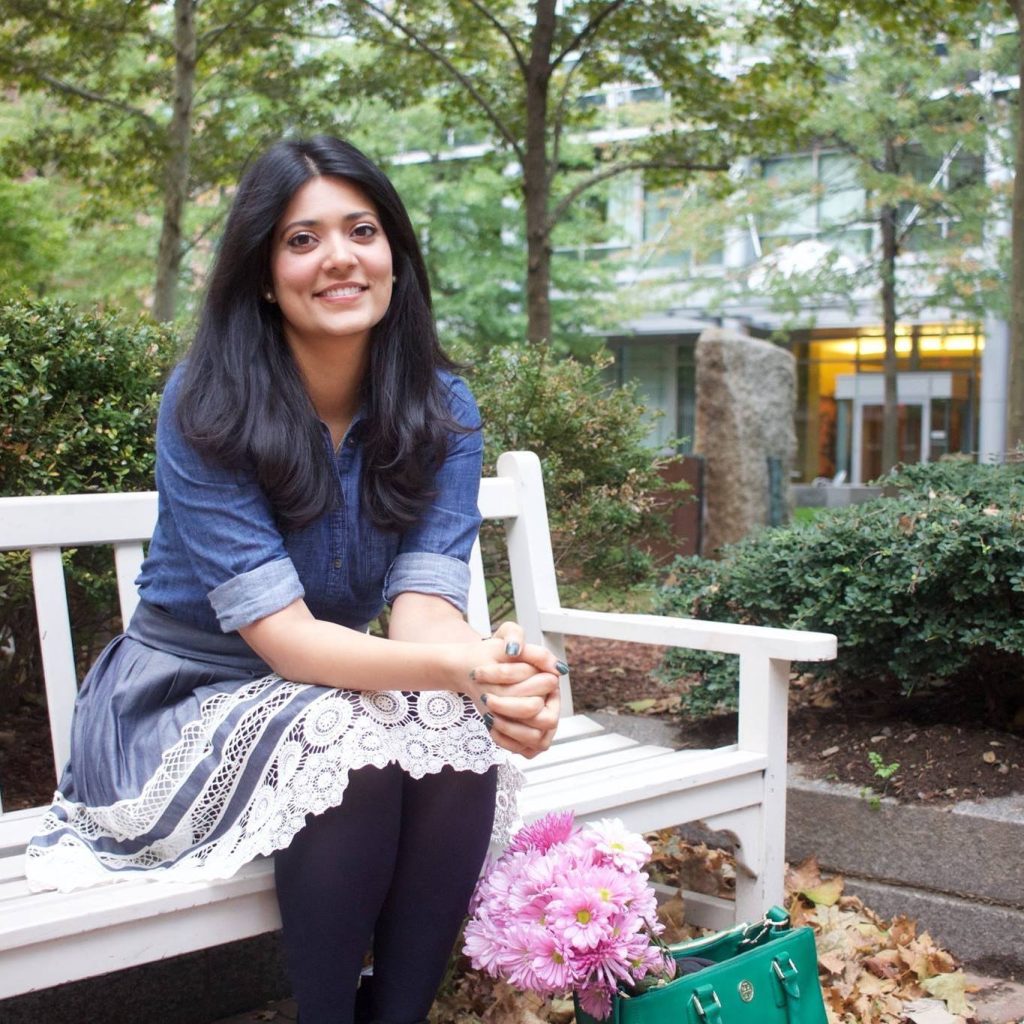

 Girish Pant[/caption]
Girish Pant[/caption] Girish Pant with late Sushma Swaraj[/caption]
Girish Pant with late Sushma Swaraj[/caption] Girish Pant received International Achievers' Award for Social Service in Dubai[/caption]
Girish Pant received International Achievers' Award for Social Service in Dubai[/caption] Girish Pant with Sonu Sood[/caption]
Girish Pant with Sonu Sood[/caption]
